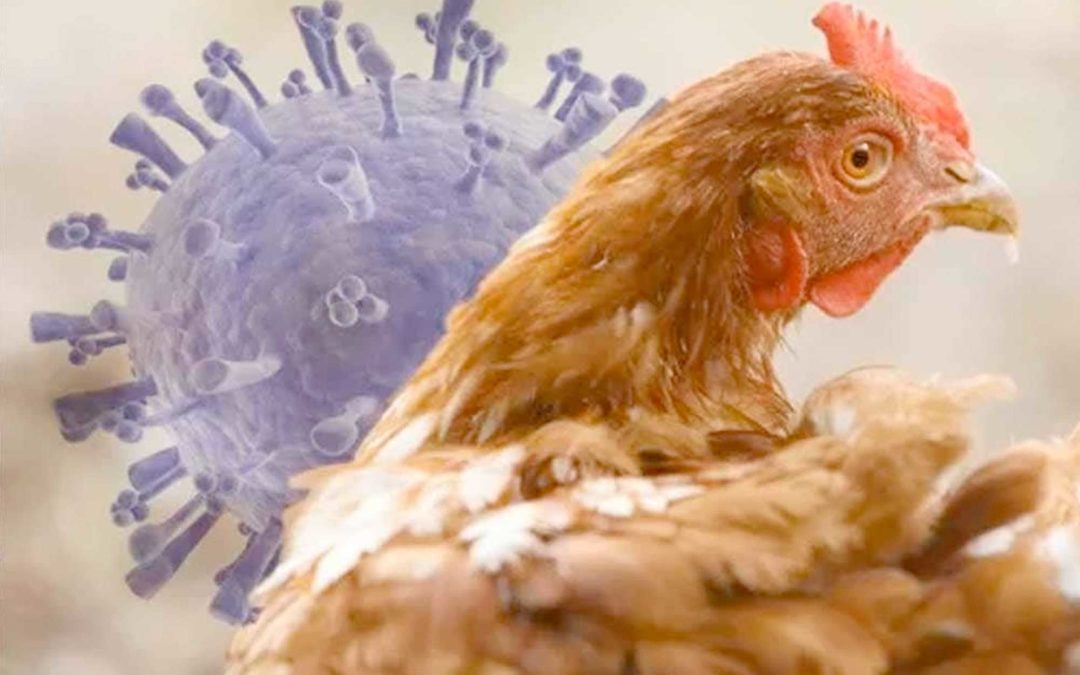2 bird flu vaccines are effective against avian influenza in chickens. This is the conclusion after processing the first results of the field trial at 2 Dutch poultry farms. Meanwhile, the Dutch government is considering taking the next step with a different vaccine.
The third vaccine has not been tested in the current field trial, but is expected to be approved for the European market in the short term.
Dutch agricultural minister Pieter Adema says that European approval is an important condition for carrying out the pilot that follows the field trial. The third vaccine is a vector vaccine, just like the 2 vaccines successfully tested in the field trial. It is not a done deal that the testing process will continue with the first 2 vaccines. Adema says that it will be examined whether it will be used in the pilot at a later stage.
First results on vaccinated day-old chicks
The first results of the field trial that started on 15 September 2023 showed that day-old chicks vaccinated with one of the 2 vaccines showed no symptoms of the disease after 8 weeks. In addition, the birds did not excrete any virus nor did they developed an immune response against the virus. In a non-vaccinated control group, the virus did spread after a challenge infection.
Over the next 18 months, 3 more transmission tests will be conducted. In this way, the effectiveness of the vaccines can be examined throughout the laying cycle. Wageningen UR, Royal GD, the Faculty of Veterinary Medicine of Utrecht University and the poultry organisation Avined are involved in the field trial. The effectiveness of the 2 vaccines had previously been demonstrated in laboratory research at Wageningen Bioveterinary Research.
Pilot at layer farms
The Netherlands opts for a step-by-step approach. However, the steps may overlap. The pilot at several layer farms is expected to start shortly after the summer, well before the field trial is completed. The aim of the pilot is to gain experience with vaccination under practical conditions. A lot of attention is also paid to the implementation of the surveillance programme to detect any contamination as quickly as possible at a company where vaccination has taken place.
Furthermore, efforts are being made to remove trade barriers for products from vaccinated animals. Adema writes that discussions have been held with governments in Japan, the US and the UK, among others. These discussions will continue during a meeting of the World Organization for Animal Health.
The first results of the pilot are expected to be available in the first half of 2025, after which further steps towards large-scale vaccination will be considered.

